Earth
Sign up for our newsletter
We summarize the week's scientific breakthroughs every Thursday.
-
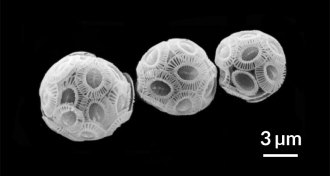 Climate
ClimatePhytoplankton’s response to climate change has its ups and downs
In a four-year experiment, the shell-building activities of a phytoplankton species underwent surprising ups and downs.
-
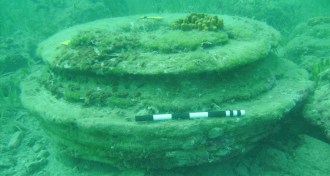 Oceans
OceansUnderwater city was built by microbes, not people
Submerged stoneworklike formations near the Greek island of Zakynthos were built by methane-munching microbes, not ancient Greeks.
-
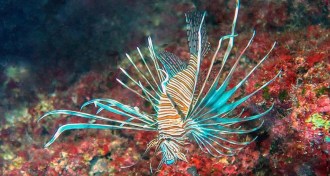 Animals
AnimalsLionfish invasion comes to the Mediterranean
Scientists had thought that the Mediterranean was too cold for lionfish to permanently settle there. But now they’ve found a population of the fish off Cyprus.
-
 Chemistry
ChemistryNuclear bomb debris can reveal blast size, even decades later
Measuring the relative abundance of various elements in debris left over from nuclear bomb tests can reveal the energy released in the initial blast, researchers report.
-
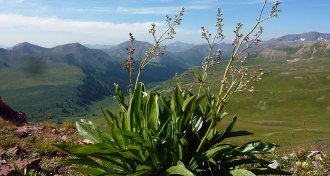 Climate
ClimateWarming alters mountain plant’s sex ratios
Global warming has different effects on male and female plants. Tracking sex ratio shifts could be a fast signal of climate change, researchers say.
-
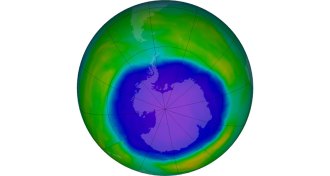 Climate
ClimateDespite volcanic setback, Antarctic ozone hole healing
The September extent of the Antarctic ozone hole has shrunk by about 4.5 million square kilometers since 2000, thanks in large part to the Montreal Protocol.
-
 Climate
ClimateWorld will struggle to keep warming to 2 degrees by 2100
Current plans to curb climate change aren’t ambitious enough to limit global warming below 2 degrees Celsius by 2100, new research shows.
-
 Earth
EarthWinning helium hunt lifts hopes element not running out
A volcanic region of Tanzania contains more than a trillion liters of helium gas, enough to fill 1.2 million medical MRI scanners — or hundreds of billions of balloons, researchers report.
-
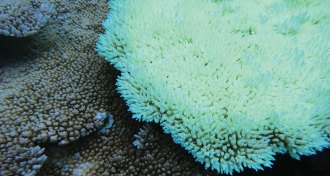 Oceans
OceansCoral bleaching event is longest on record
Widespread coral bleaching continues, in the longest episode, over the largest area to date.
-
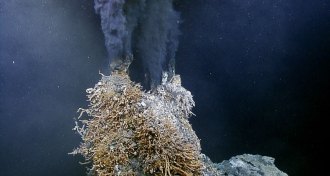 Oceans
OceansDeep-sea hydrothermal vents more abundant than thought
Ecosystem-supporting hydrothermal vents are much more abundant along the ocean floor than previously thought.
-
 Space
SpaceReaders weigh in on ET and the meaning of life
Reader feedback from the June 25, 2016, issue of Science News
-
 Planetary Science
Planetary ScienceLong-lost ‘extinct’ meteorite found
A newly discovered meteorite, nicknamed Öst 65, may have originated from the same collision that formed L chondrites, one of the most abundant groups of meteorites on Earth.